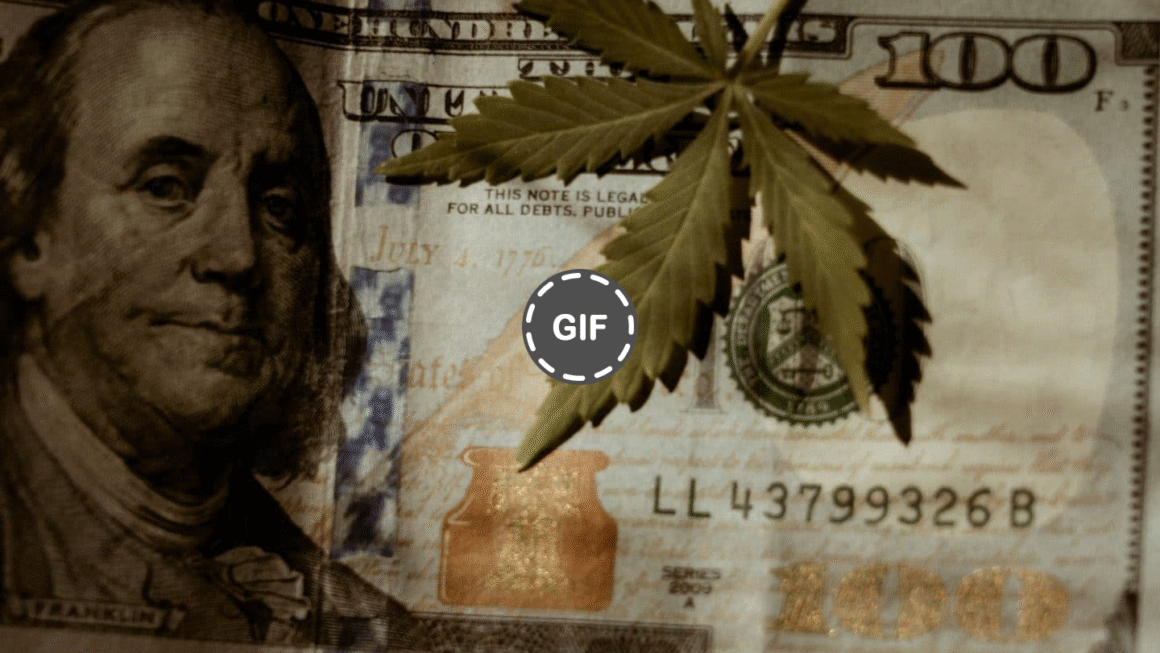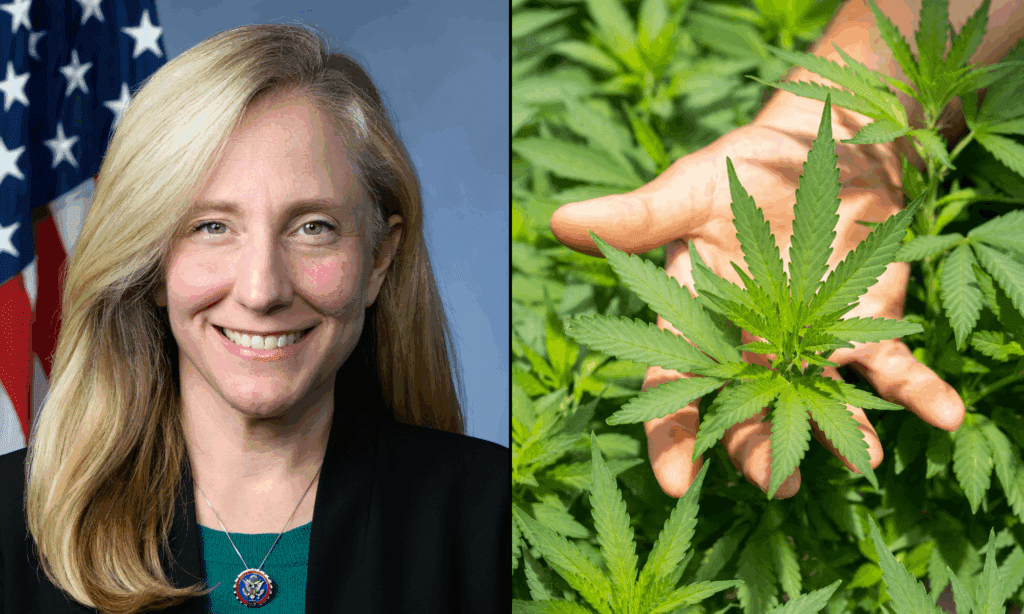Lisbon, October 2025. The room fell silent when Dr. Vasco Bettencourt, director at INFARMED’s Licensing Unit, took the stage.
He knew what awaited him: a hall packed with growers, exporters, and pharmaceutical operators anxious for answers after months of raids, suspended licenses, and delayed export permits.
“We’re improving the system,” he said, pausing between lines as if choosing words that wouldn’t spark further frustration. “These are growing pains.”
The remark, meant as reassurance, drew a mix of murmurs and raised eyebrows. For the companies filling the seats at the Portugal Medical Cannabis Conference (PTMC), growing pains are a threat to Portugal’s golden era as Europe’s post-harvest gateway for medical cannabis.
For nearly a decade, Portugal stood at the center of Europe’s cannabis map. Flowers from Canada, Colombia, South Africa, and Thailand arrived to be tested, repackaged, decontaminated, and certified under Europe’s Good Manufacturing Practices (EU-GMP). From there, they flowed onward to Germany and the U.K., the region’s largest medical markets.
The model worked so far, but is being threatened by Germany’s recent legalization, and the aftermath of a big judicial operation that shook the industry during the past year, when the police uncovered a web of licensed producers funneling product to illicit markets in Portugal, in Africa, and beyond.
At the conference, Bettencourt said that INFARMED, the Portuguese agency responsible for regulating and controlling all medical products -including cannabis-, is rolling out new software to register and monitor cannabis imports and exports through the UN’s National Drug Control System (NDS). He added that the agency’s next steps will focus on reducing licensing delays by introducing updated qualification procedures and enhanced digital tools for regulatory oversight.
He also shared that despite the turbulence, export volumes from Portugal still surpassed 2024 levels by August 2025, according to figures INFARMED presented at the same conference. Curiously, there’s no way of precisely knowing what portion of that volume came from abroad to be “GMP washed” (we will take a deeper look into this controversial concept) or was farmed in Portugal.
With companies abroad racing to certify their own in-house GMP facilities, the question hangs in the air: can Portugal hold its position as Europe’s middleman, or has the tide already turned?
The Raids That Changed the Rules
On May 20, 2025, Portugal’s Judicial Police launched Operation Erva Daninha, executing 64 search warrants and making multiple arrests on suspicion of international diversion. A second round, Operation Ortiga, followed in July, seizing roughly two metric tons and detaining foreign nationals, reported CannaReporter.
The cases remain under segredo de justiça, Portugal’s judicial secrecy rule. But the effect has already rippled through the industry.
As a consequence, INFARMED came under political fire for having signed off on documents tied to companies now under investigation. Its response was to tighten import/export rules and implement stricter due diligence requirements for all outbound shipments. The result is a system that’s apparently cleaner but slower.
Since June, companies say approvals that once took about 30 days now stretch beyond 70.
Applications must now include expanded certificates of analysis, verified GMP credentials for buyers and intermediaries, and scanned traceability codes for each batch.
Why the Numbers Don’t Work Anymore
Arthur de Cordova, CEO of California-based Ziel, has had a front-row seat to the shift. His company provides microbial control systems used in GMP-certified facilities worldwide, including Portugal, and increasingly, in Colombia and Thailand.
The company sells non-ionizing radiation systems used for microbial control—important because the German market restricts ionizing methods like X-ray or gamma irradiation, which require a lengthy strain registration process.
“I was in Portugal a week ago,” he told High Times. “For a year and a half, they had a very well-established pathway. If you were in Colombia or South Africa and needed access to Germany, you’d send the product to Portugal. Five or six contract manufacturers were doing it, and they had a vibrant business providing a solution for GACP (Good Agricultural and Collection Practices) growers around the world.”
That “solution” is now under pressure from two fronts.
First, the economics. “If a German wholesaler pays about three euros per gram,” de Cordova explained, “the Portuguese intermediary will take a chop of 60 cents out of it —around 20 percent. And if you need decontamination, you can add another 30 or 40 cents on top.”
For large producers shipping metric tons per year, those margins are hard to swallow. “That’s just economics driving the change,” he said.
Second, the political fallout from the scandals. “Now there’s a spotlight on INFARMED. They can’t afford another mistake, so they’re double-checking everything.”
If you’re a cultivator in Canada or Colombia, he noted, that means your product sits idle for weeks while you wait for payment. “That delay costs real money,” notes De Cordova.
Rather than wait in Lisbon’s queue, many international cultivators are starting to build their own EU-GMP-compliant post-harvest facilities.
“It’s not easy and it takes time and money,” de Cordova said. “You better plan for at least a year and a half from when you start the process—hire a consultant, upgrade operations, get audited, fix the findings, maybe get audited again.”
But if a company ships thousands of kilos a year, the savings stack up quickly. “It’s a function of the 60 cents to one euro you’re saving by not going through Portugal times the volume you’re putting through Portugal,” he explained.
De Cordova said the trend isn’t hypothetical: “I can name ten companies doing it right now.”
Colombia, Thailand, and smaller EU states are moving toward full vertical integration, installing microbial-decontamination technology on-site and certifying under EU standards.
But, despite the turbulence, Portugal remains Europe’s heavyweight exporter.
According to INFARMED data presented at PTMC Lisbon 2025, the country had already exported more cannabis by August 2025 than during all of 2024, when Portugal shipped over 20 tonnes of medical flower, making it second only to Canada worldwide.
The ‘GMP Washing’ Debate
For some markets, the goal might not be just to save money, but to preserve the quality of the final product.
Inside the industry, there’s a term that’s been frequently used to describe what Portugal provides to the European cannabis hub: “GMP washing.”
The phrase is used to accuse Portuguese processors of taking substandard, non-GMP flower, running it through remediation, and selling it as pharmaceutical-grade cannabis.
De Cordova rejects the framing. “It’s a bad word and a bad name,” he said. “It’s not fair to the people who are doing good jobs. If you go into a GMP facility in Portugal that’s doing this service, the standards of operation are equivalent to a pharmaceutical manufacturing operation.”
The fact is that technically, these processors perform validated steps—microbial decontamination, trimming, testing, packaging—under documented SOPs (Standard Operating Procedure) reviewed by regulators.
The process is compliant but not transformative. That’s why there’s a value added by the practices of certifying the buds, but it won’t ever be able to improve poor agronomy, curing, or terpene integrity.
As de Cordova put it, “There’s always going to be a little change. The quality team has to balance microbial reduction and quality preservation.”
He even notes that trimming often does more physical damage to the flower than decontamination. “If you want to talk about damage to trichomes,” he said, “more is done when you send dried flower through an automatic trimmer.”
Regulation, Politics, and Paralysis
Behind the numbers lies Portugal’s bureaucratic puzzle.
Leading journalists Laura Ramos of CannaReporter pointed to deeper structural issues: six different ministries share oversight of the cannabis industry, from health to agriculture to police, often without coordination. Patient groups and industry associations remain fragmented, leaving the sector without a strong lobbying voice.
That vacuum has political consequences.
In her view, Portugal’s famous decriminalization model, pioneered in 2001, hasn’t translated into a coherent cannabis framework. Citizens can possess small amounts, but growing or selling remains illegal, leading to what she calls “decriminalization without legalization.”
The contradiction fuels confusion. Even as Portugal exports tens of tonnes of medical cannabis each year, domestic access for patients remains limited, and police still make arrests for small home grows.
Can Portugal Hold On?
By every official metric, Portugal is still one of the world’s major cannabis exporters. But the structure of that leadership is shifting.
The raids and resulting bottlenecks have made the country’s GMP pipeline slower and costlier. For global producers, in-house GMP might now look like a rational long-term investment rather than an exotic option. Portugal’s next chapter depends on execution.
For now, the country will remain the business hub for medical cannabis, which has granted a leading role in the European cannabis economy. But gravity is shifting toward the cultivators and countries willing to own GACP and GMP from seed to sale. As de Cordova put it simply in our interview, given current conditions, “The telephone isn’t going to ring in Portugal as much.”





